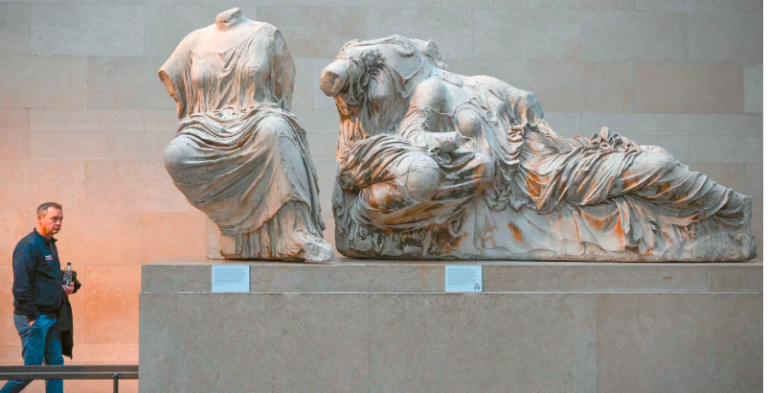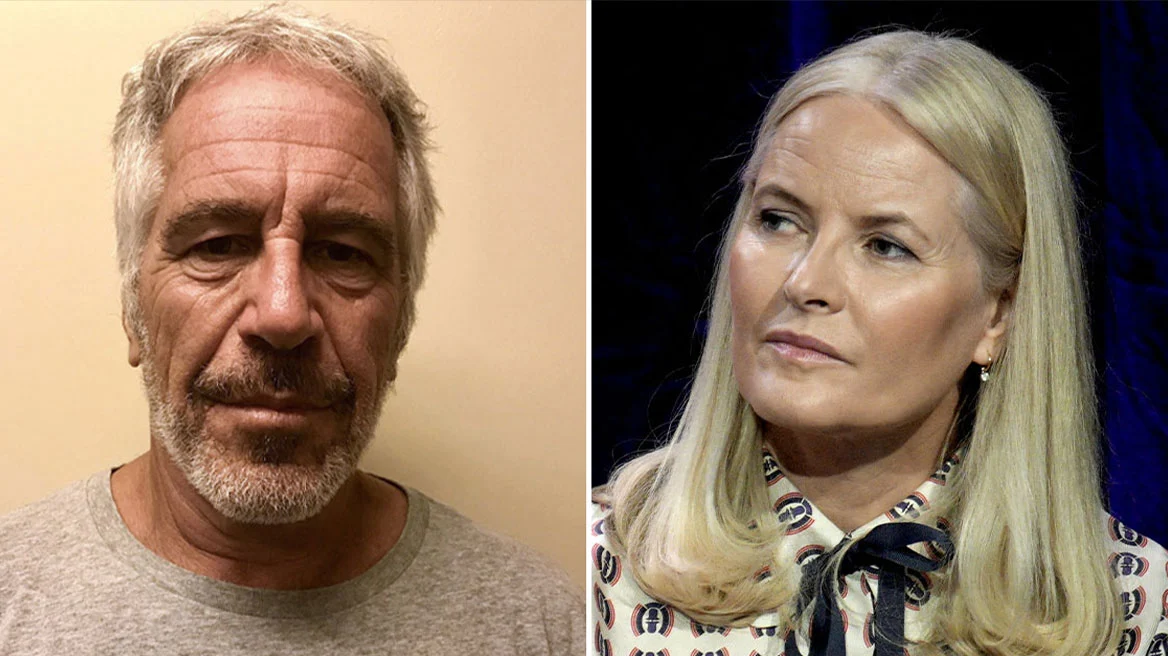During the 24th Session of UNESCO’s Intergovernmental Committee for the Return of Cultural Property to the Countries of Origin (ICPRCP), Türkiye’s challenged a key argument put forward by the British regarding the Parthenon Sculptures remaining in the British Museum, stating that “there is no known document legitimizing the purchase”.
Zeynep Boz, head of Turkey’s anti-trafficking department, questioned the Ottoman document cited by Britain for the 1816 purchase of the Parthenon Sculptures from Lord Elgin as part of their removal. “We are not aware of any document legitimizing this purchase by British colonialists, thus its legality is questionable,” she remarked, adding, “We eagerly anticipate the return of the sculptures, seeing it as a signal of improved cultural asset protection worldwide.”
Tourism: The benefits reaped by Greece from the European expansion of FTI
In response, the United Kingdom reiterated that Elgin acted with Ottoman authorities’ permission, as stated in the firman, with an extant Italian translation. The British also mentioned a second permission for transporting the sculptures to England.
Representing Greece, Nikos Stampolidis, director of the Acropolis Museum, affirmed at the UNESCO meeting, “We are familiar with firman documents like Elgin’s from 1802 and Lord Byron’s from 1810, signed by the Sultan himself. However, the Italian letter presented by the British lacks the same legal significance.”
Ask me anything
Explore related questions





